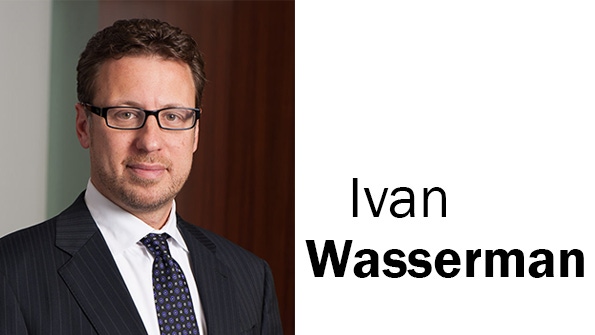Update on regulation of homeopathic products: It's the FTC's turn
Like dietary supplements, homeopathic drugs are now mass-market products sold direct-to-consumer and in major retail stores. Now the FTC and FDA are weighing how they're regulated.

On April 3, I reported in the IdeaXchange that the FDA was re-evaluating the way it regulates homeopathic drug products. Now, it is the Federal Trade Commission’s turn.
The FTC announced that on September 21 it will host a public workshop in Washington D.C. to examine advertising for over-the-counter homeopathic products.
Like dietary supplements and functional foods, the FDA and FTC share jurisdiction over OTC homeopathic drug products. FDA has primary jurisdiction over claims made on the labels and labeling of the products, while FTC has primary jurisdiction over claims made in advertising for such products.
For foods and dietary supplements, the FTC generally requires that companies have “competent and reliable scientific evidence” for any health claims they make in advertising. Traditionally, however, the effectiveness of homeopathic products has not been evaluated in the same way as non-homeopathic products. Instead, homeopathic products have traditionally been evaluated by a method known as a “proving," where healthy individuals are given a substance, and thesymptoms they experience are recorded. Then, a homeopathic remedy is created by significantly diluting the substance and prescribing it to treat the symptoms that it caused in larger amounts.
The FTC is aware that the homeopathic drug industry in the United States has grown considerably from a multimillion-dollar to a multibillion-dollar market, and is no longer made up primarily of products that are prescribed to individuals by trained, homeopathic practitioners. Now, like dietary supplements, such products are mass-market products sold direct-to-consumer and in major retail stores.
The FTC is inviting the public to submit research, recommendations for topics of discussion and requests to participate as panelists. The workshop will cover topics including:
A look at changes in the homeopathic market, its advertising and what consumers know;
The science behind homeopathy and its effectiveness;
The effects of recent class actions against homeopathic product companies;
The application of Section 5 of the FTC Act to advertising claims for homeopathic products; and
Public policy concerns about the current regulation of homeopathic products.
While the FTC has brought a few cases against products purporting to be homeopathic, including Allergy MD Rapid-Tabs and HCG, it has brought a lot more cases against dietary supplements. This announcement may be a signal that the FTC is planning on increasing its enforcement activities in the category.

Is it time for an update to the regulations for marketing homeopathic products?
About the Author(s)
You May Also Like




